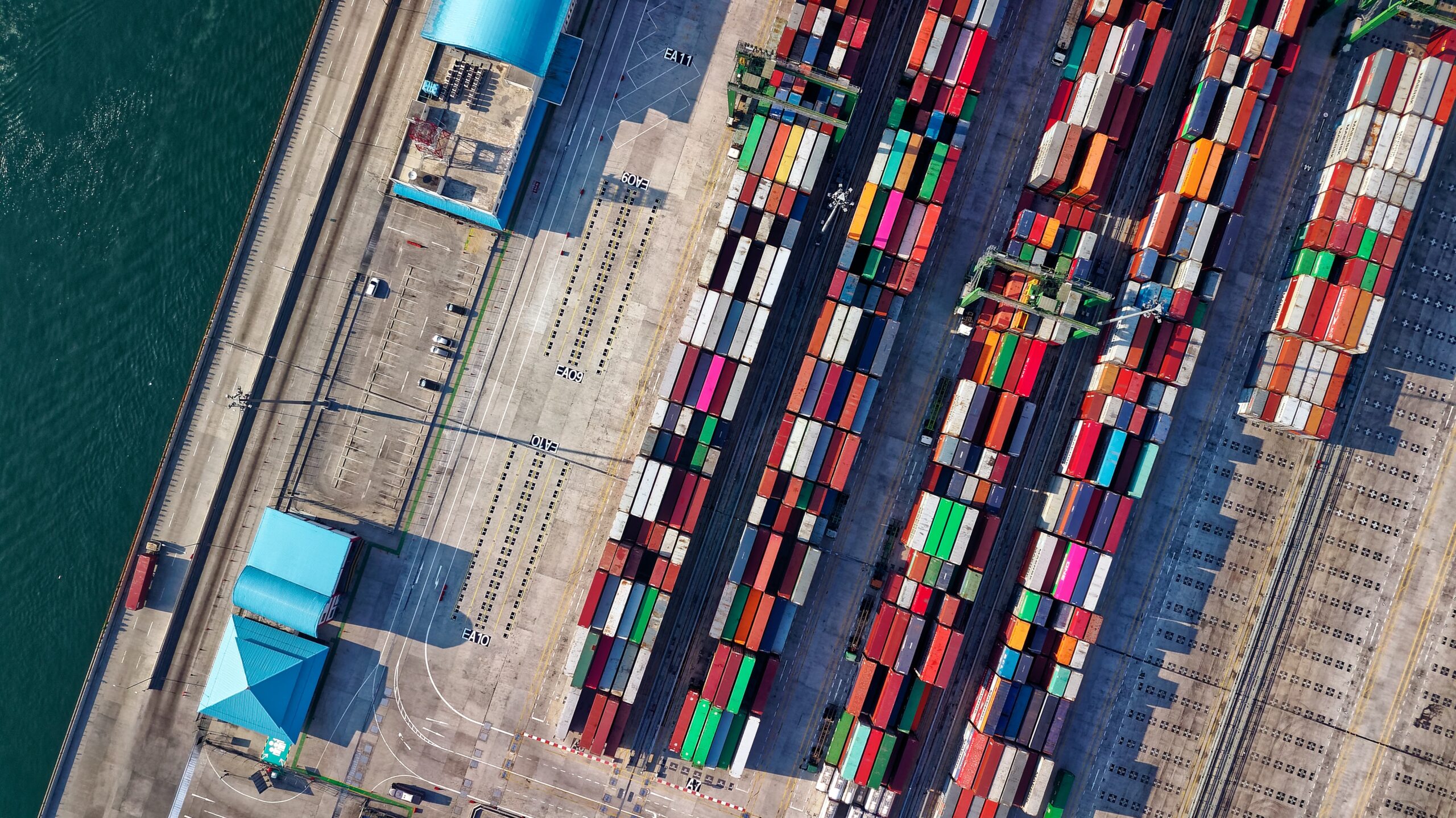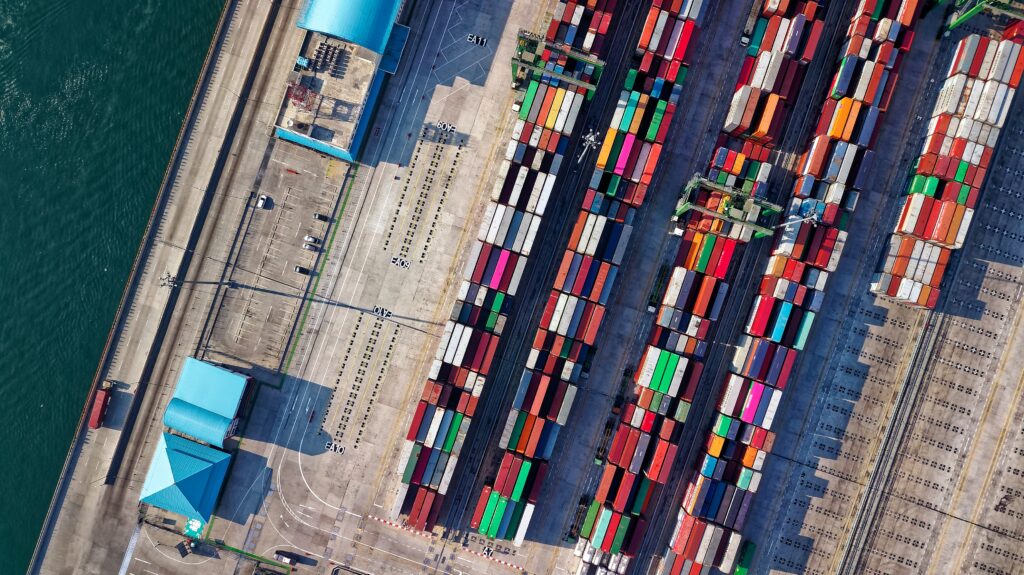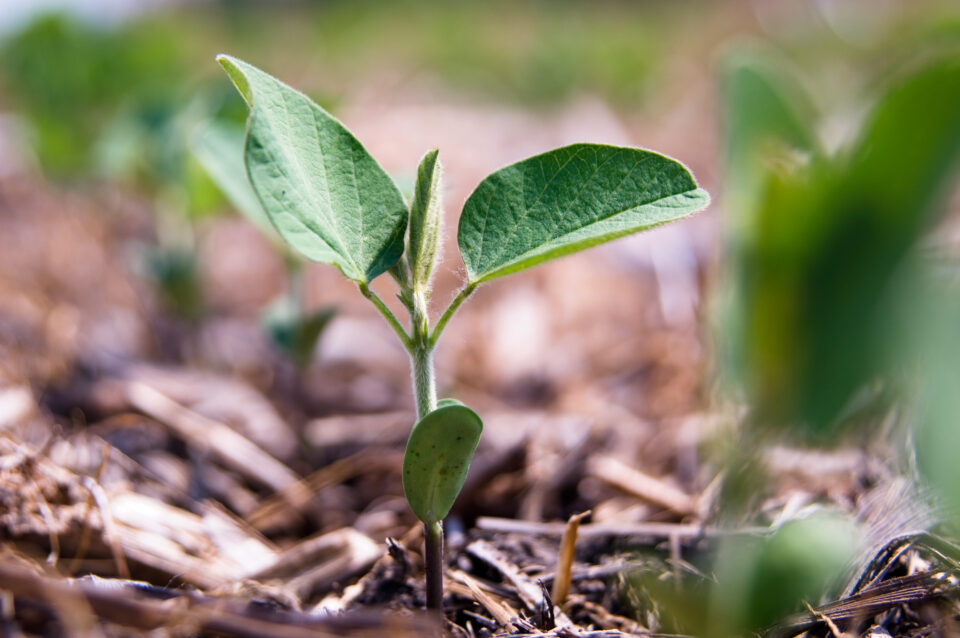
At the Global Soy Summit, Soy Connext, held at Hilton Midtown, New York, from 21-23 August, keynote speaker Maria Villablanca, Co-founder & CEO of The Future Insights Network, declared a seismic shift reshaping the very field of supply chain management. Talking about the "cocktail of crisis" facing industry and the transformation it needs to embrace, she laid down the top predictions for the industry in the next five years.
With the global population projected to reach 10 billion by 2050, there will be a corresponding 70% surge in food demand. Consequently, the significance of supply chains in our agricultural enterprises will intensify. To fully grasp the essential insights for strategic planning in this ever-evolving agricultural industry landscape, we invite you to continue reading as we distill Villablanca's invaluable perspectives, crucial as we build forward with purpose for the future.
1. Digital Transformation is Pivotal
In today's volatile marketplace, risk mitigation through digital transformation isn't just a luxury, it's a necessity. Leading companies invest heavily in artificial intelligence (AI), machine learning, and extensive language models to sharpen their edge. For instance, the company Ion leveraged ChatGPT to optimize its planning processes. By embracing the power of the digital twin – a virtual replica of physical assets – businesses can proactively prevent challenges before they arise.
2. The Role of Supply Chains is Evolving
Supply chains are no longer just the backbone of businesses; they are becoming their brain. As Nike's shift to a direct-to-consumer model exemplifies, businesses that evolve their strategies around a robust, adaptable supply chain will thrive. Similarly, Unilever's choice to label its operations as "business operations" rather than "supply chains" underlines this new central role.
3. Not All Transformations Succeed
While transformations can lead to monumental gains, the road is fraught with pitfalls. Some businesses have seen vast sums disappear due to a poorly executed shift. McDonald's UK operations experienced backlash when sustainable paper straws weren't recyclable. The lesson? Understand the purpose behind any transformation.
4. E-commerce's Surge Impacts Global Logistics
E-commerce is booming, and this trend is reshaping global shipping demands. With the appeal of e-commerce making container shipping more lucrative, industries, particularly agriculture, must adapt. Solutions like collaborative logistics, where even competing businesses share container space, are emerging as answers to resilient and cost-conscious alternatives.
5. Future Predictions to Embrace
- AI and Machine Learning: Beyond just buzzwords, generative AI and machine learning are quickly reshaping the supply chain landscape. Innovations enable supply-chain managers to control billion-dollar supply chains from a mobile device.
- Data Management: With data pouring in at unprecedented rates, businesses with a firm grasp on their data will be better positioned to pivot during crises.
- Talent Diversity: The future supply chain industry will be marked by demographic diversity and a rich tapestry of backgrounds, experiences, and expertise.
- ESG Stays Relevant: Environmental, Social, and Governance (ESG) considerations will remain at the forefront, defining business reputations and operational choices.
In essence, Villablanca advocates for a more comprehensive, interconnected, and forward-thinking approach to supply chain management. She recognizes and counsels that as supply chain management transforms, the onus is on business leaders to stay informed, be adaptable, and proactively embrace the future. As the agricultural landscape changes, those who anticipate shifts, adopt innovative technologies, and prioritize collaboration will undoubtedly lead the charge and thrive in the future.
Maria Villablanca is the CEO and Co-founder of The Future Insights Network, a learning community for over 130,000 supply chain leaders and their teams. This blog is based on her insights and observations as the keynote speaker at SOY CONNEXT 2023 in New York.
###
This blog was funded in part by the soy checkoff.

